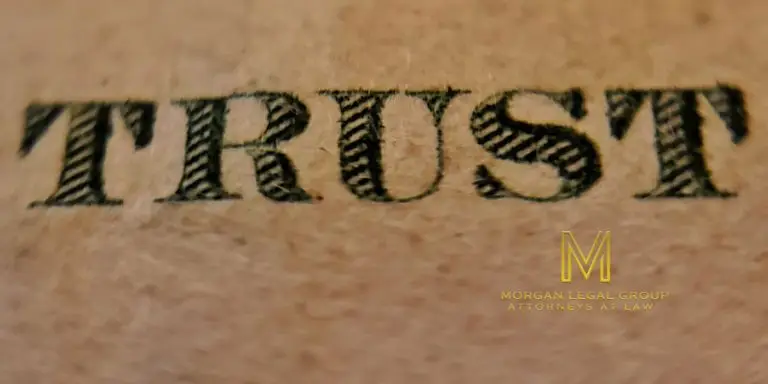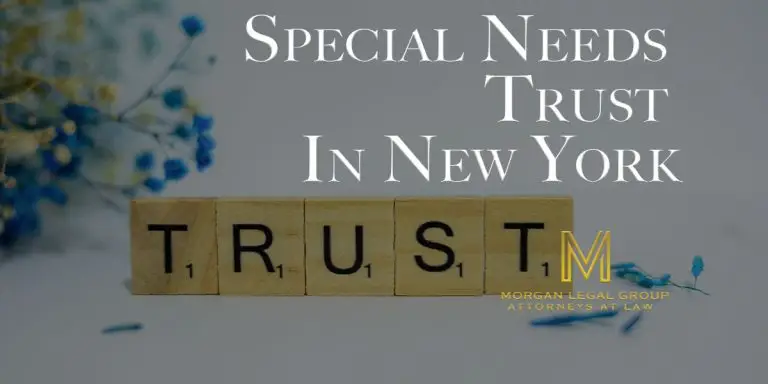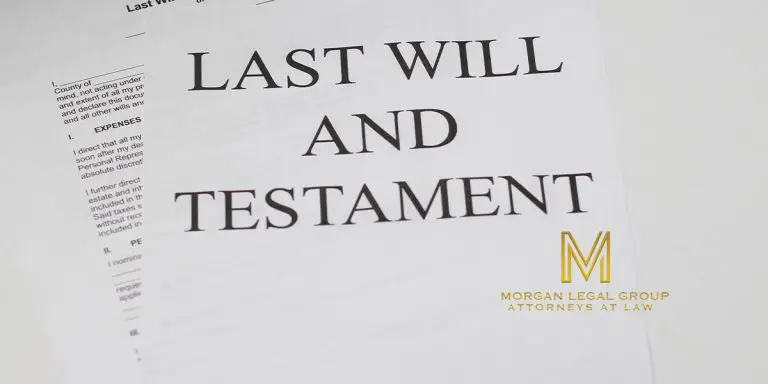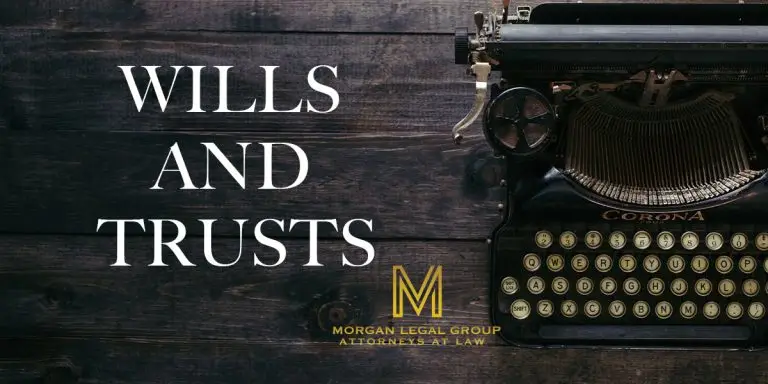
What Is a Special Needs Trust In New York?
Special Needs Trust In New York A Special Needs Trust (SNT), also known as a Supplemental Needs Trust, is a legally recognized arrangement designed to
Home » Estate Planning » Wills and Trusts » Page 20

Special Needs Trust In New York A Special Needs Trust (SNT), also known as a Supplemental Needs Trust, is a legally recognized arrangement designed to

Introduction Creating a will is a fundamental step in estate planning, allowing individuals to outline their wishes regarding asset distribution, guardianship of minor children, and

Introduction to Pooled Income Trusts Welcome to Morgan Legal Group P.C., your trusted source for information on pooled income trusts in New York. Pooled income

All About Special Needs Trust In New York Welcome to Morgan Legal Group P.C., your trusted source for comprehensive information on Special Needs Trusts (SNTs)

How Does a Medicaid Asset Protection Trust Work? Welcome to Morgan Legal Group P.C., your trusted source for understanding and establishing a Medicaid Asset Protection

Last Will and Testament Welcome to Morgan Legal Group P.C., your trusted source for expert legal advice in New York City. This article will provide

Wills and Trusts: A Comprehensive Guide Regarding estate planning, two essential tools often come into play are wills and trusts. These legal instruments allow individuals

Will attorneys near me A will is a record that formally states how you want your property to be handed on after you die. The

Trust Administration Services A confidence administration legal professional is a criminal professional who manages the administration of trusts. A have faith administration legal professional will

Trust lawyer near me This article starts off with a short history lesson about regulation and how it has evolved over time to take on